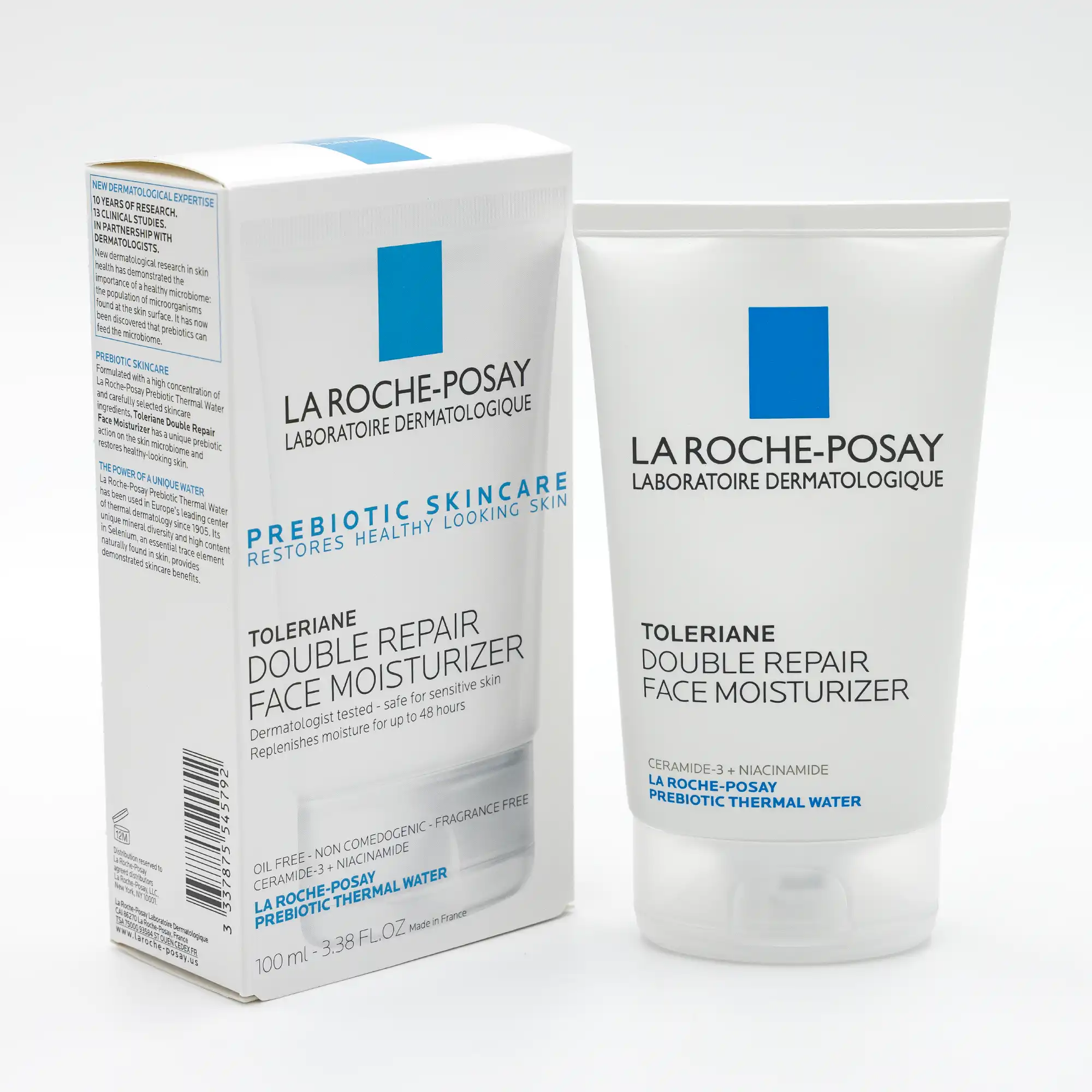News Blast: Your Daily Update
Stay informed with the latest news and trends.
Moisturizers: Your Skin's Best Friend or Just a Trend?
Discover the truth about moisturizers! Are they essential for your skin or just another beauty trend? Find out now!
The Science Behind Moisturizers: Do They Really Work?
Understanding the science behind moisturizers begins with recognizing their primary function: to hydrate and protect the skin. Most moisturizers contain a combination of water, oils, humectants, and occlusives. Humectants, such as glycerin and hyaluronic acid, attract water from the environment and bind it to the skin, while occlusives, like petrolatum and dimethicone, form a barrier that prevents moisture loss. This dual action is crucial for maintaining skin hydration, especially in dry or harsh conditions. Research shows that daily use of moisturizers can lead to improved skin texture and hydration levels over time.
However, it's important to note that not all moisturizers are created equal. Individual skin types—whether oily, dry, or combination—respond differently to various formulations. For instance, a heavy cream may work wonders for someone with dry skin but could contribute to breakouts in those with oily skin. Therefore, understanding your unique skin needs is essential for maximizing the benefits of moisturizers. Ultimately, when appropriately chosen and used, moisturizers can significantly enhance skin health, demonstrating that indeed, they really do work.

Top 5 Myths About Moisturizers Debunked
When it comes to skincare, moisturizers often fall victim to various misconceptions that can prevent individuals from achieving their best skin. One prevalent myth is that moisturizers are only necessary for those with dry skin. In reality, people with all skin types, including oily and combination skin, can benefit from proper hydration. The key is to choose a moisturizer that suits your skin's unique needs. Lightweight, oil-free, or gel-based moisturizers can provide the hydration oily skin craves without clogging pores.
Another common myth is that using a moisturizer can cause breakouts. This is not necessarily true; the ingredients in the moisturizer often play a decisive role. For instance, certain heavy creams might not be suitable for acne-prone skin, but many moisturizers contain non-comedogenic ingredients that hydrate the skin without contributing to acne. Therefore, it's essential to understand your specific skin type and choose products accordingly. Don't let these myths hold you back from achieving a healthy, glowing complexion!
Are Moisturizers Essential for Every Skin Type?
The importance of moisturizers in skincare cannot be overstated. Regardless of your skin type, incorporating a moisturizer into your daily routine can provide numerous benefits. For instance, those with dry skin may experience increased hydration and relief from tightness, while individuals with oily skin can benefit from lightweight, oil-free formulas that help to balance sebum production. Additionally, combination skin types may find that selecting a suitable moisturizer can help to address both dry and oily areas effectively, creating a more uniform texture.
However, it's essential to note that not all moisturizers are created equal, and understanding your specific skin needs is crucial. For sensitive skin, look for products with calming ingredients that minimize irritation. For those with acne-prone skin, non-comedogenic options are vital to prevent clogged pores. Ultimately, choosing the right moisturizer tailored to your skin type can enhance your skin's overall health and appearance, making it an essential step in any skincare regimen.